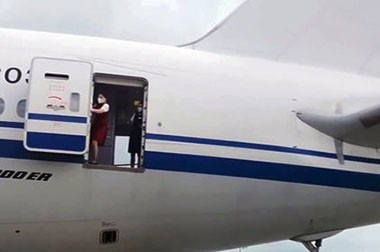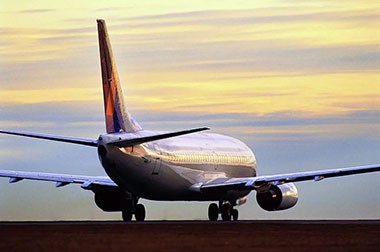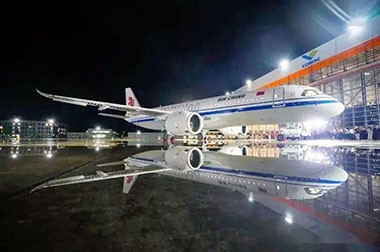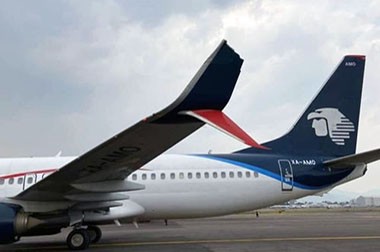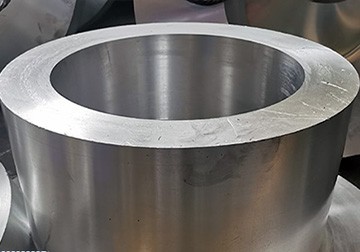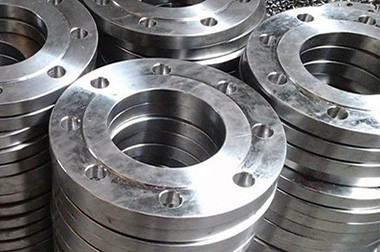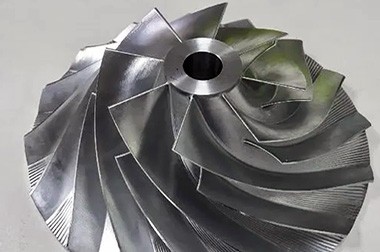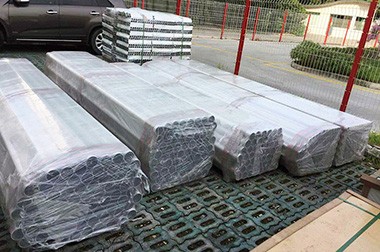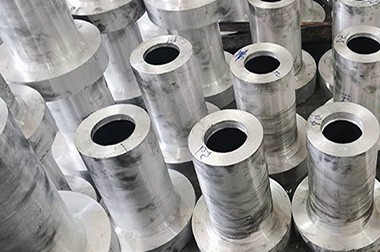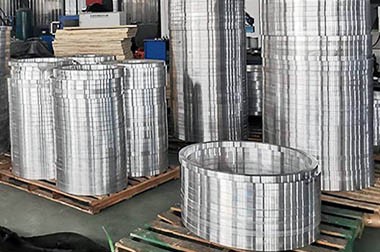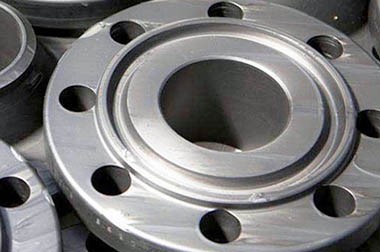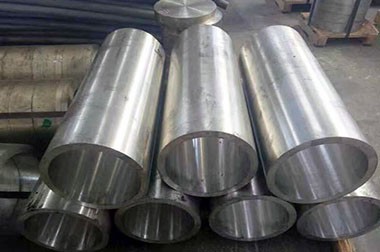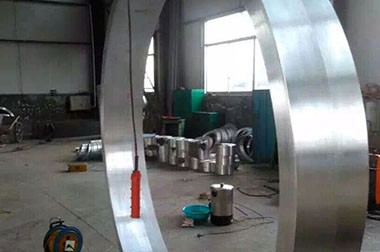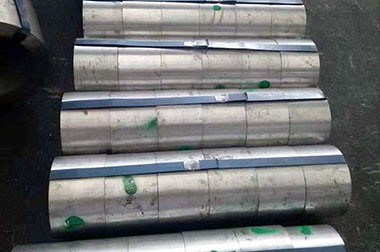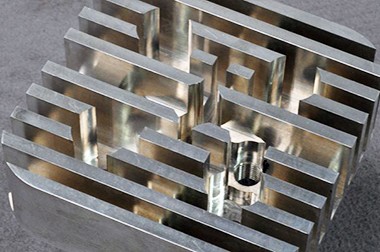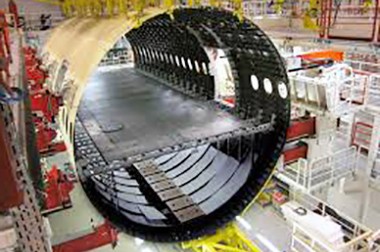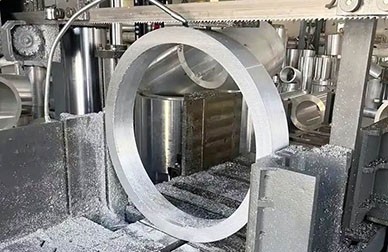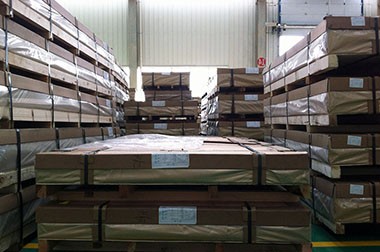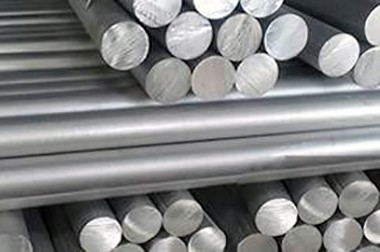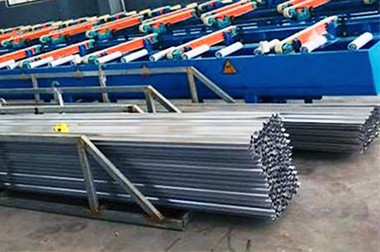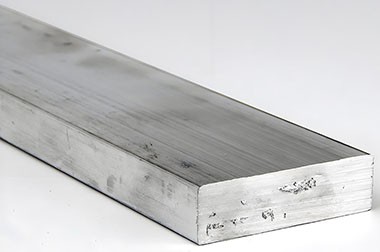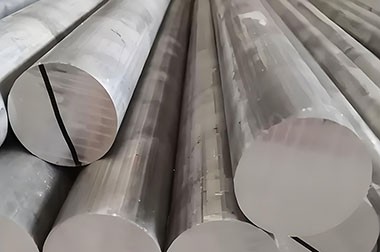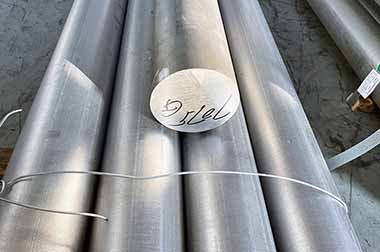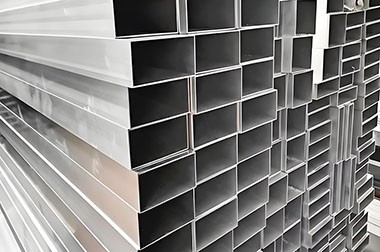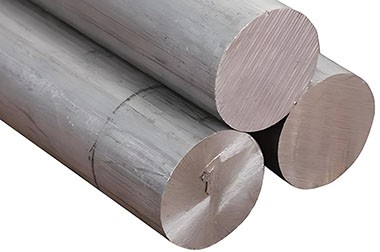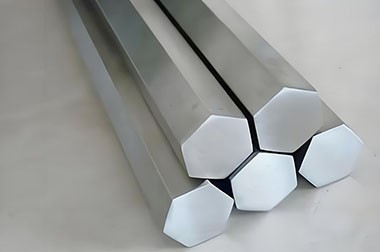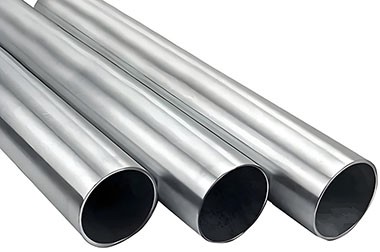7075 Aerospace Aluminum Forging
7075 aluminum alloy is a high-strength aluminum alloy that belongs to the aluminum-zinc alloy series, commonly used in applications requiring high strength and corrosion resistance. 7075 aluminum forgings are particularly suitable for aerospace, military, and high-performance engineering fields.
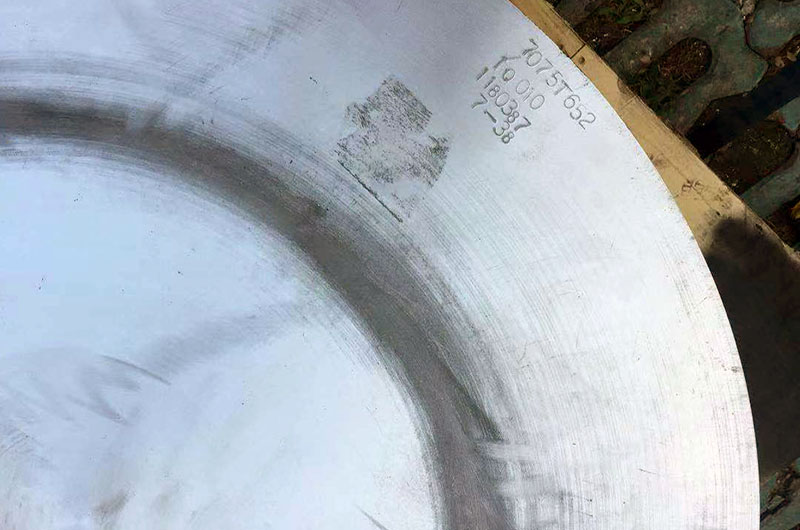
7075 Aerospace Aluminum Forging Characteristics
- 1. High Strength: 7075 aluminum alloy has very high tensile and yield strength, making it suitable for heavy loads.
- 2. Good Machinability: 7075 aluminum alloy can be forged and machined after heat treatment.
- 3. Excellent Corrosion Resistance: Although the corrosion resistance of 7075 alloy is not as good as some other aluminum alloys (such as 6061), its corrosion resistance can be significantly improved through surface treatments (such as anodizing).
- 4. Lightweight: The low density of aluminum alloys makes them suitable for applications that require weight reduction.
Chemical composition of 7075 aluminum forgings
| Element | Composition (wt.%) |
| Aluminum | 90.0-91.4 |
| Zinc | 5.1-6.1 |
| Magnesium | 2.1-2.9 |
| Copper | 1.2-2.0 |
| Silicon | 0.40 max |
| Iron | 0.50 max |
| Manganese | 0.30 max |
| Titanium | 0.20 max |
| Chromium | 0.18-0.28 |
| Other | 0.15 max |
Typical material properties for 7075 aluminium forging
AMS 4126 7075-T6 forgings
| Property | Value |
| Tensile strength | 83 ksi (min) |
| Yield strength | 73 ksi (min) |
| Elongation | 11% (min) |
| Reduction of area | 25% (min) |
AMS 4131 7075-T74 forgings
| Property | Value |
| Tensile strength | 85 ksi (min) |
| Yield strength | 73 ksi (min) |
| Elongation | 9% (min) |
| Reduction of area | 20% (min) |
AMS 4141 7075-T73 die forgings
| Property | Value |
| Tensile strength | 83 ksi (min) |
| Yield strength | 73 ksi (min) |
| Elongation | 8% (min) |
| Reduction of area | 20% (min) |
AMS 4147 7075-T7352 forgings
| Property | Value |
| Tensile strength | 83 ksi (min) |
| Yield strength | 73 ksi (min) |
| Elongation | 9% (min) |
| Reduction of area | 20% (min) |
Applications of 7075 Aerospace Aluminum Forgings
Wing Framework
The choice of 7075 aluminum forgings as the material for wing frameworks is primarily due to its high strength and excellent rigidity. During the forging process, the microstructure of the metal is optimized, significantly improving its density and uniformity while reducing internal defects. This characteristic ensures that the wing can effectively withstand significant aerodynamic loads during flight, maintain its shape, and reduce the risk of deformation, thereby enhancing flight stability and safety.
Typically, elongated 7075 forgings (such as extrusions) are used, which can be customized according to specific design requirements of the wings to meet structural strength and lightweight needs.
Aircraft Landing Gear Components
The application of 7075 aluminum forgings in landing gear benefits from its excellent impact resistance and fatigue properties. These characteristics allow the 7075 aluminum alloy to effectively absorb impact loads during aircraft landings and maintain good structural integrity under repeated loading conditions, reducing the risk of failure.
Forged components, which may include round forgings or complex-shaped castings, are typically used to meet the strength and stability requirements of critical connection points in the landing gear.
Aircraft Fasteners
The use of 7075 aluminum forgings in aircraft fasteners is primarily due to its high strength and excellent corrosion resistance. These characteristics ensure the reliability of fasteners when subjected to various loads, safeguarding the overall structural integrity of the aircraft.
Rivets and bolts are typically made from 7075 forgings, providing consistent mechanical properties that meet the stringent quality and safety requirements of the aviation industry.
Aircraft Seat Framework
The application of 7075 aluminum forgings in seat frameworks demonstrates its advantages in lightweight and strength. This material can support the weight of passengers while its low-density characteristics reduce the overall weight of the aircraft, improving fuel efficiency and safety.
Typically, forged 7075 tubing or extrusions are used, which not only meet strength requirements but also offer design flexibility to accommodate different seating layouts in various aircraft models.
Cargo Compartment Components
In the application of cargo compartment components, 7075 aluminum forgings are known for their high load-bearing capacity and lightweight design. This material can effectively support cargo, ensuring the safety and stability of the aircraft.
7075 plates or extrusions can be used for various structural components of the cargo compartment, meeting strength requirements while optimizing space utilization.
Haomei Hot Selling Aluminum Forging Products
Haomei Aluminum offers alloys including 2014, 2024, 2124, 2219, 2618, 2619, 3003, 5083, 6061, 7049, 7050, 7075, 7079, 7149, 7150, and 7175 temper alloys, available upon request, compliant with all AMS, ASTM, Boeing commercial, and Boeing military specifications.
| TYPE | SPECIFICATIONS |
| 2014 | AMS4133, 4134, 4314, AMS-A-22771 |
| 2024 | AMS-QQ-A-367 |
| 2219 | AMS4143, 4144, AMS-QQ-A-367, AMS-A-22771 |
| 2618 | AMS4132, AMS-QQ-A-367, AMS-A-22771 |
| 6061 | AMS4127, 4146, AMS-QQ-A-367, AMS-A-22771 |
| 7049 | AMS4111, AMS-QQ-A-367, AMS-A-22771 |
| 7050 | AMS4107, 4108, AMS-A-22771 |
| 7075 | AMS4126, 4131, 4141, 4147, AMS-QQ-A-367 |
| 7079 | AMS-QQ-A-367 |
| 7150 | AMS-A-22771 |
| 7175 | AMS4148, 4149, 4179, AMS-A-22771 |
You may also be interested in the following
-
2024 7075 Aerospace Aluminum for Door Components
2024 and 7075 high-strength aluminum alloys are used in aircraft door components to ensure durability, deformation resistance, and safety.
-
2024, 7075, and 7475 Aerospace Aluminum for Wing Skins
2024, 7075, and 7475 combinations exhibit excellent strength and fatigue resistance, making them suitable for wing skins to withstand deformation under stress.
-
2024 7075 Aerospace Aluminum for Fuselage Frames
2024, 7075, and 7475 aluminum alloys are essential materials in aerospace engineering, particularly for fuselage frames. Their unique properties enable engineers to select the most appropriate alloy based on specific requirements for strength, weight, corrosion resistance, and fatigue performance.
-
2024 7050 7075 Aerospace Aluminum for Horizontal Tail Fittings
Alloys 2024, 7050, and 7075 provide the necessary strength and stiffness for horizontal tail components of aircraft, ensuring reliable control surface performance.

